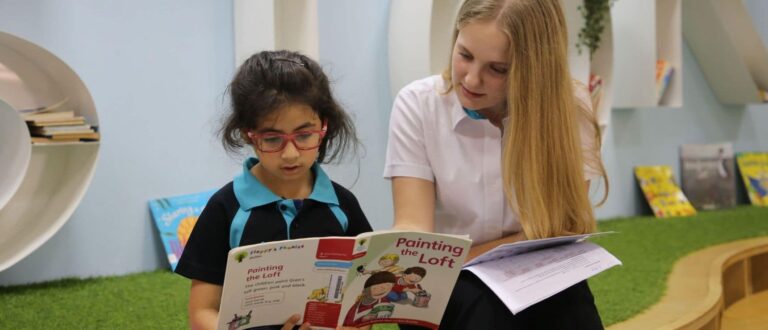When parents list the goals they have for their children, it is very common for one of those goals to relate to time management in some way. Being able to finish tasks on time (or finishing them at all), knowing how much time to spend on a given activity, and being prepared before a due date are just some of the vital skills that can be a challenge to master, even for adults.
Ultimately, we want our children to be able to manage their time in order to be more efficient and reduce stress. If you find your children are struggling with managing their time, the following tips may help.
Tips to Teach Kids Time Management

- It starts with you – The better you organise your days, the easier it will be for your children to pick up the same habits. What do your morning routines look like? How well you prepare for transitions and manage time at home will reflect on your children’s level of organisation as well.
- Provide plenty of visuals – Creating a timetable together can be extremely beneficial. You can find plenty of templates online if you’re looking for inspiration. Something colourful with a preferred theme or colour scheme can encourage students to utilise it more often, particularly for younger children. You can also incorporate reward charts into timetables to reinforce positive developments in their time management skills.
- Work first, play later – Let it be clear to your children that rest and fun come after taking care of their responsibilities. Not only will they enjoy playtime more, but they’ll also learn what to prioritise.
- Break up tasks – If you know your child has a lengthy project or an assignment that will require lots of time and energy, it might help to break the homework into smaller tasks so that it doesn’t seem as overwhelming or unattainable. Ideally, students should get a break after about thirty to forty-five minutes of concentrating on work.
- Be supportive – Research has shown that descriptive praise is much more effective in modifying behaviours than criticism, disapproval, or anger. It will take them time to get it right.
- Be consistent – The more predictable routines are at home, the more secure children feel and the better they can plan their day.
- Ask for help – Although asking for help can be daunting you can always reach out and discuss your concerns with someone from the school.
- Reward good time management – When your children get ahead of their tasks, reward them somehow. For example, by giving them extra privileges.
- Teach independence – When we are teaching young adults or teens how to manage their time it is important that we give them the responsibility of doing so. Constantly questioning your child about homework, revision, and timetables can often come across as nagging and discourage them. Also, they may become reliant on you double-checking all of their work and take a back seat. Once you have established a way for them to manage their time better, schedule a time once or twice a week where you check in with them. This will give them an opportunity to discuss things that worked and things that didn’t.
Above all, teaching time management takes a lot of patience. Remember that there is no quick fix and that a lot is learned through trial and error until you and your family learn what works best for you. In other words, managing time correctly is a life-long skill.
Useful links:
- The Do’s and Don’ts of Homework Help
- The Age-by-Age Guide to Teaching Kids Time Management
- Customizable Design Templates for ‘School Timetable Template’
- Time Management for Teenagers
BIS Abu Dhabi Counsellors







